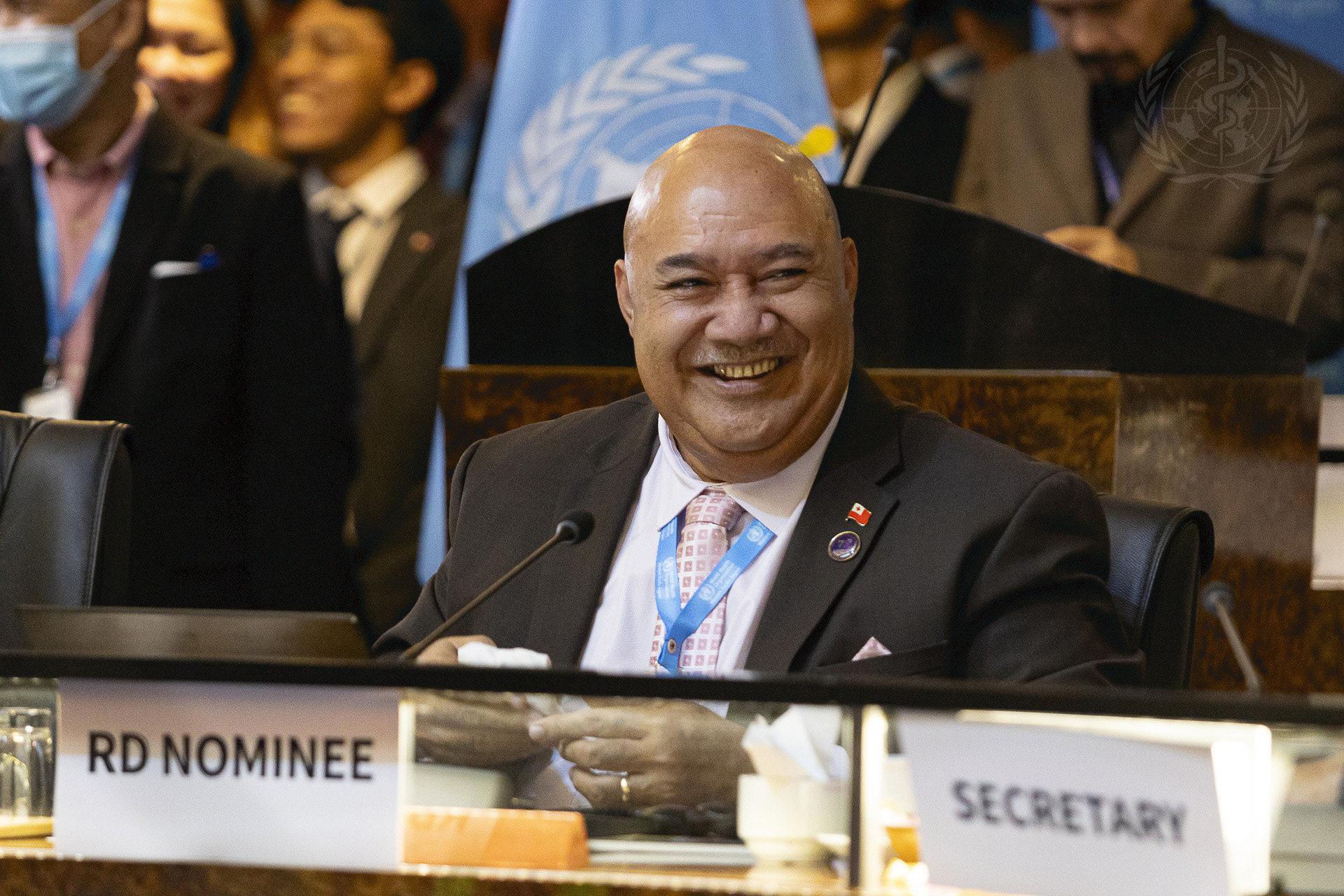Clean air and water, and a livable climate are inalienable human rights, the head of the World Health Organisation (WHO) in the Pacific says.
Dr Saia Ma’u Piukala says solving this climate crisis is not only a question of politics.
It is our moral obligation, he says.
Piukala’s comments come as the 29th Conference of the Parties to the United Nations Framework Convention on Climate Change (UNFCCC) or COP29 got underway in Baku, Azerbaijan, on Monday.
More than 40,000 people from across the world are attending the meeting from 11-22 November.
The WHO’s Pacific regional committee met in Manila two weeks ago and one of the talking points was the climate crisis.
Piukala says climate change presents a fundamental threat to human health.
The former Tongan Health Minister is attending COP29 and says he has a strong message for the world.
“I just want to say this before I forget. I want to say this loud and clear – that climate change is real, climate change impact on health is alarming.
“We need to act now. And investing in climate-resilient facilities is not a luxury. I think it is our lifeline. Someone will be there to care for you.
“Just imagine a world where every health care facility, no matter how remote or rural they are, has the basics – clean, running water, reliable solar power, safe waste disposal, and resilience to withstand climate shock.
“I think by investing millions of dollars in each facility, to make this a reality, we aren’t just upgrading a building. We are safeguarding lives. And especially during our most vulnerable moment.”
Piukala says climate resilience facilities are not a luxury. They are a lifeline, he adds.
“When crisis strikes, these are the places that will hold strong and continue to serve the people who need them the most. So, investing in these facilities today is an investment in each of us tomorrow.
“I know that one day someone will be there to care for all of us. And I think it’s important for us to build a future that protects all of us. We must invest in climate-resilient health facilities.”
Piukala’s comments also come amid concerns that the Pacific will not be fully represented at the COP29.
Climate advocate Duncan Gabi says they fear PNG’s absence will isolate it and put vital funding for the Pacific Island nation at risk.
He says the decision also risks isolating PNG from critical discussions and will weaken its ability to seek financial and technical support for climate adaptation and mitigation.
He adds that the impacts of climate change are “”increasingly devastating”, particularly for vulnerable nations like PNG.
“It is important for us to have a seat at the COP table and have our voices heard.”
Papua New Guinea is not the only country that has turned its back on UN climate change campaigns.
The world is bracing for President-elect of the United States, Donald Trump, to withdraw the U.S from the Paris climate agreement for the second time.
Climate advocates are concerned that only this time, the American leader can move faster and with less restraint.
Trump’s re-election last week resurfaces his vow to pull out, which would leave the United States as one of the only countries not to be a party to the 2015 pact.
In the Paris Agreement, about 200 governments pledged to reduce their planet-warming pollution to below 1.5 degrees.
With Trump’s return to the White House, climate advocates warn this will threaten to overshadow the COP29 summit in Baku where officials are expected to discuss issues relating to phasing down fossil fuels and providing climate aid to poorer nations.
Piukala said this could put other countries on the hook to make bigger reductions to their climate pollution.
Environmentalists agree it will also raise inevitable questions from some countries about how much more effort they should put in when the world’s second-largest greenhouse gas polluter is walking away.
Piukala says he is confident of a positive outcome in Azerbaijan.
“The governments, they will need to invest in climate-sustaining healthcare facilities.
“This is the role of WHO, to make sure that no matter what happens, we will still be able to deliver health care services to the people.
“I think that is very important. We are not there to build seawalls and all that. My main concern is a climate resilient health care facility to better serve our community.”
COP29 ends on 23 November.














